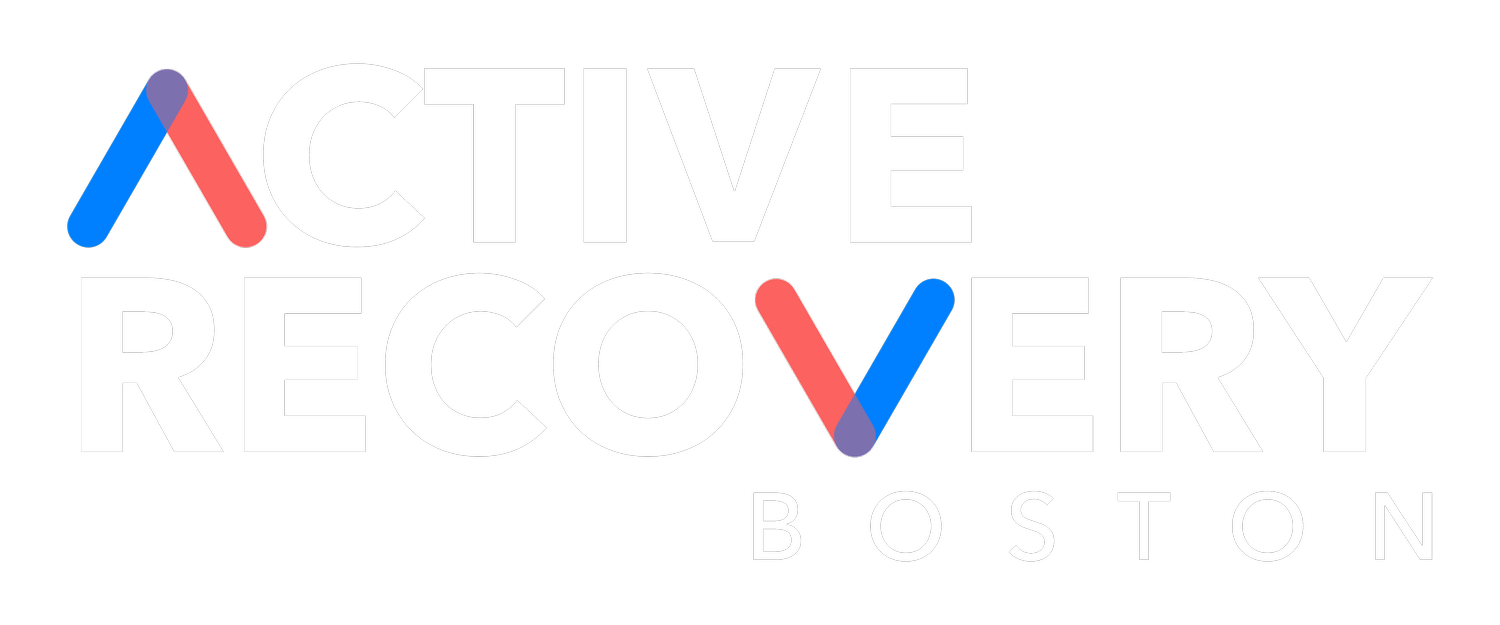In recent years, there has been a growing trend among young athletes to focus exclusively on one sport, often with the hope of excelling and securing scholarships or professional contracts. However, this approach to youth sports can lead to various physical and psychological issues that may hinder an athlete's progression and overall well-being. At Active Recovery Boston, Dr. Kate Kelly specializes in treating and preventing sports-related injuries and offers valuable insights into why single sport specialization can be detrimental to young athletes.
The Physical Impact of Single Sport Specialization
When a child participates in just one sport year-round, they continuously use the same muscle groups and place repetitive stress on specific joints. This overuse can result in several negative consequences:
Increased risk of injury: Overusing certain muscles and joints makes them more susceptible to both acute injuries (e.g., fractures) and chronic issues (e.g., tendinitis).
Imbalance in physical development: Focusing on one sport can lead to muscle imbalances, as some areas of the body become stronger while others remain underdeveloped.
Decreased overall athleticism: A well-rounded athletic foundation is crucial for long-term success. Specializing in one sport can limit the development of essential skills, such as agility, balance, and coordination, that are transferable to other sports and activities.
Dr. Kate Kelly's Expertise on Injury Prevention
As a skilled practitioner at Active Recovery Boston, Dr. Kate Kelly is dedicated to helping young athletes prevent injuries associated with single sport specialization. She emphasizes the importance of incorporating cross-training activities and addressing muscle imbalances to reduce the risk of injury. Scheduling a consultation with Dr. Kelly can provide personalized recommendations for your child's specific needs and goals.
The Psychological Impact of Single Sport Specialization
Beyond the physical repercussions, concentrating exclusively on one sport can also lead to psychological challenges for young athletes:
Burnout: The constant pressure to excel in a single sport can result in mental exhaustion, loss of motivation, and a decreased desire to participate in the activity.
Reduced self-esteem: Associating personal worth with performance in a specific sport can create intense pressure and anxiety, potentially affecting an athlete's self-esteem and confidence.
Loss of social opportunities: Participating in multiple sports allows children to interact with diverse peer groups and develop social skills across various settings. Limiting their exposure may hinder their social development.
Encouraging a Balanced Approach to Youth Sports
To counteract the potential negative outcomes of single sport specialization, it is crucial to encourage young athletes to maintain a balanced approach to sports participation. This may involve:
Promoting involvement in multiple sports or activities throughout the year.
Emphasizing the importance of rest and recovery to prevent over-training.
Encouraging a focus on skill development, teamwork, and enjoyment, rather than solely on winning or performance outcomes.
Setting Your Young Athlete Up for Success with Active Recovery Boston
At Active Recovery Boston, we are passionate about helping young athletes reach their full potential while safeguarding their physical and mental health. Dr. Kate Kelly's expertise in sports injury prevention and treatment can provide invaluable support to ensure your child remains healthy and enjoys a well-rounded athletic experience.
If you have concerns about your child's involvement in sports or would like to learn more about preventing injuries related to single sport specialization, please contact our office at 617-423-3370 to schedule a consultation with Dr. Kelly today.

